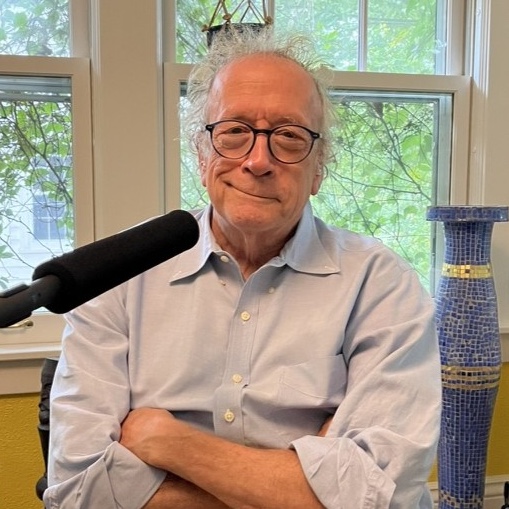Steven Miles, MD, is Professor Emeritus of Medicine and Bioethics at the University of Minnesota.
Explore the Collection
- Anita Allen, JD, PhD
- Lori Andrews, JD
- George Annas, JD, MPH
- Margaret P. Battin, PhD
- Tom L. Beauchamp, PhD
- Arthur L. Caplan, PhD
- Alexander Capron, LLB
- R. Alta Charo, JD
- James F. Childress, PhD
- Larry Churchill, PhD, MDiv
- Robert Cook-Deegan, MD
- Rebecca Dresser, JD, MS
- Ruth R. Faden, PhD, MPH
- Alan Fleischman, MD
- Norman Fost, MD, MPH
- Vanessa Northington Gamble, MD, PhD
- Samuel Gorovitz, PhD
- Brad Gray, PhD
- Patricia King, JD
- Loretta M. Kopelman, PhD
- Bernard Lo, MD
- Ruth Macklin, PhD
- Laurence B. McCullough, PhD
- Gilbert Meilaender, PhD, MDiv
- Steven Miles, MD
- Jonathan Moreno, PhD
- Thomas H. Murray, PhD
- Susan Sherwin, PhD
- LeRoy Walters, BD, MPhil, PhD
- Rueben Warren, DDS, DrPH
- Daniel I. Wikler, PhD
- William J. Winslade, JD, PhD
- Laurie Zoloth, PhD
Steven Miles, MD
Steven Miles, MD
Professor Emeritus of Medicine and Bioethics,
University of Minnesota

You can find full audio, transcript, and other materials in the Moral Histories Archive.
Johns Hopkins University holds all rights, title, and interests to these records, including copyright and literary rights. The records are made available for research use. Any user seeking to publish part or all of a record in this collection must seek permission from the Ferdinand Hamburger University Archives, Sheridan Libraries.